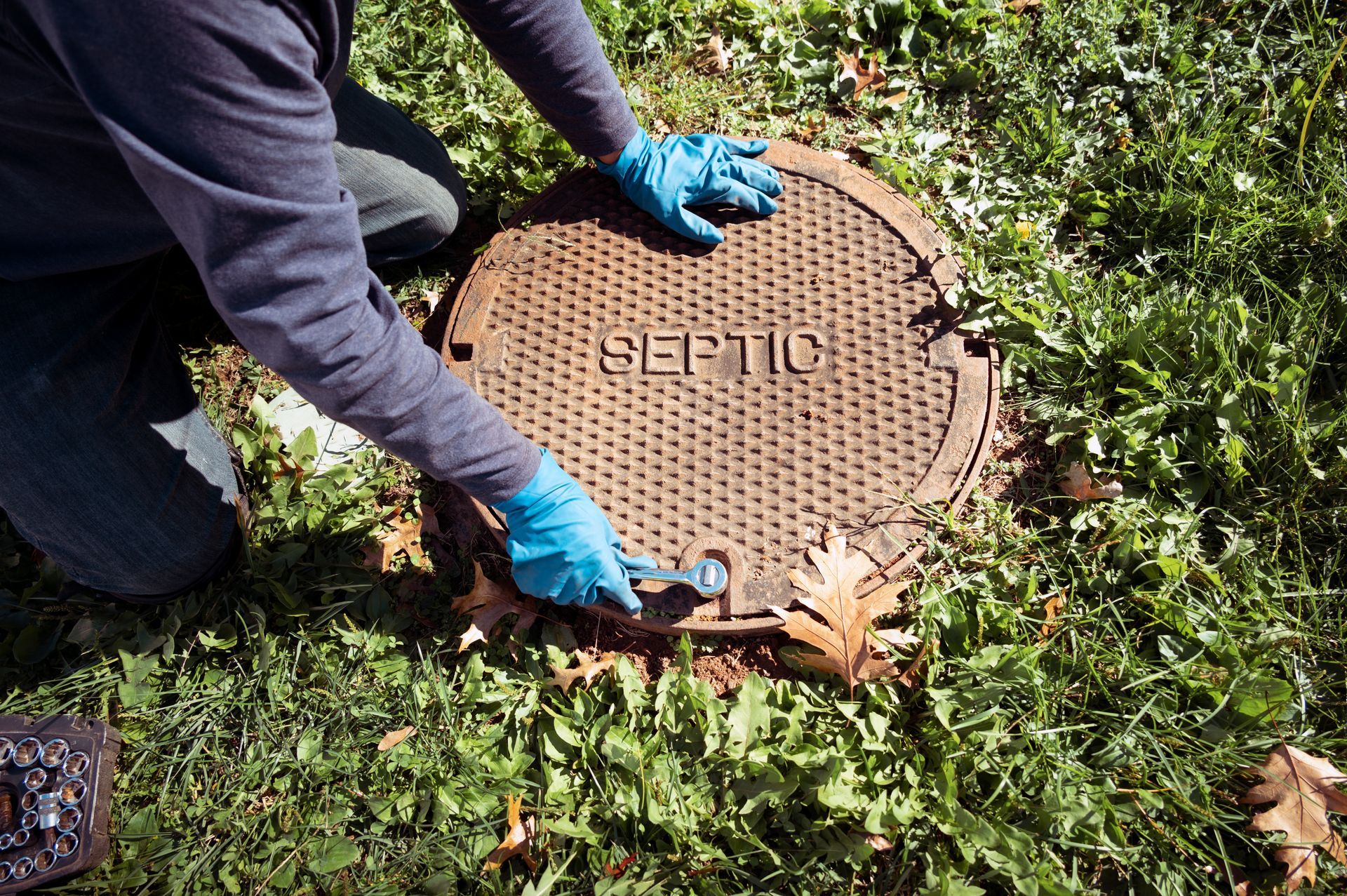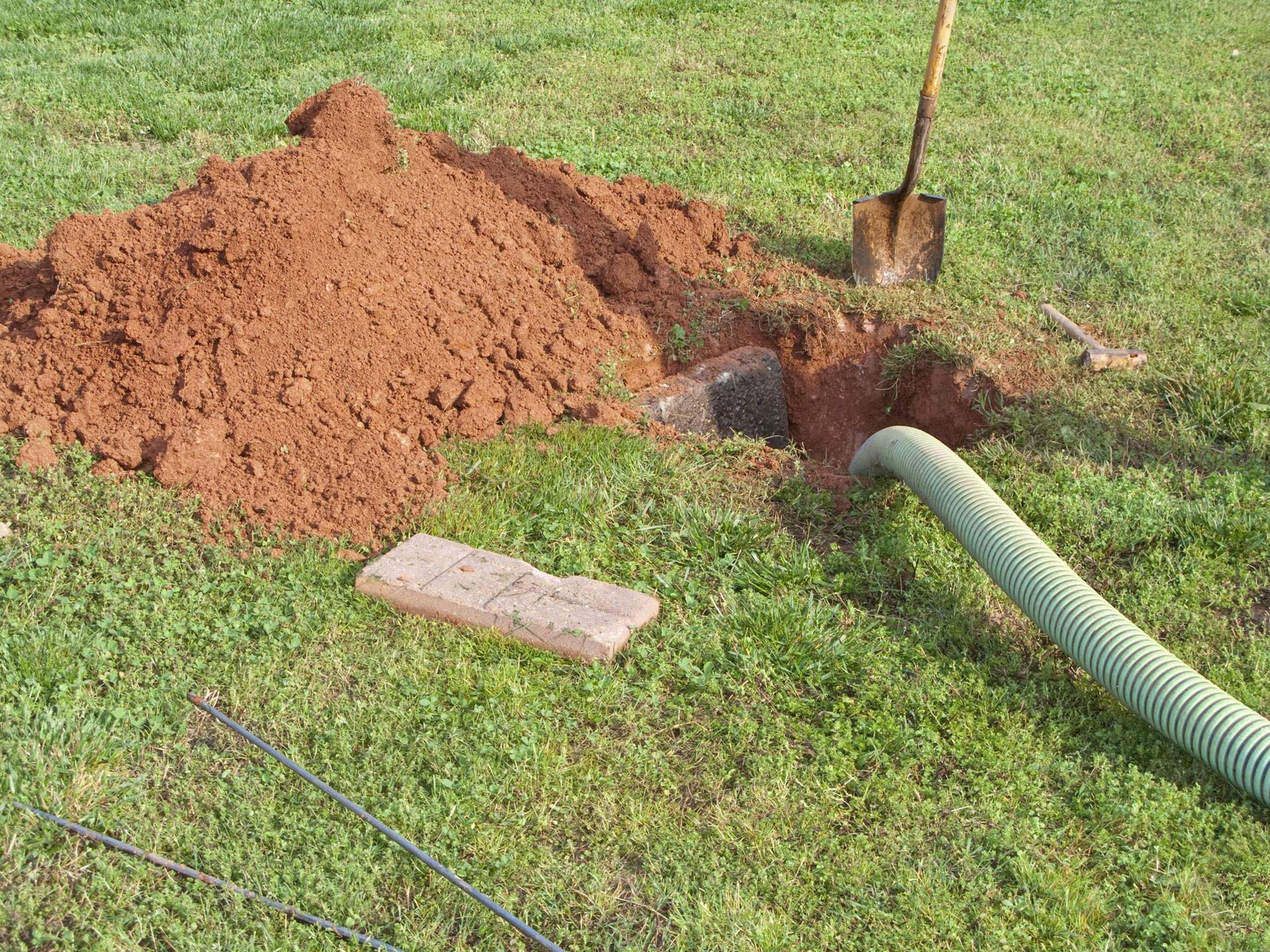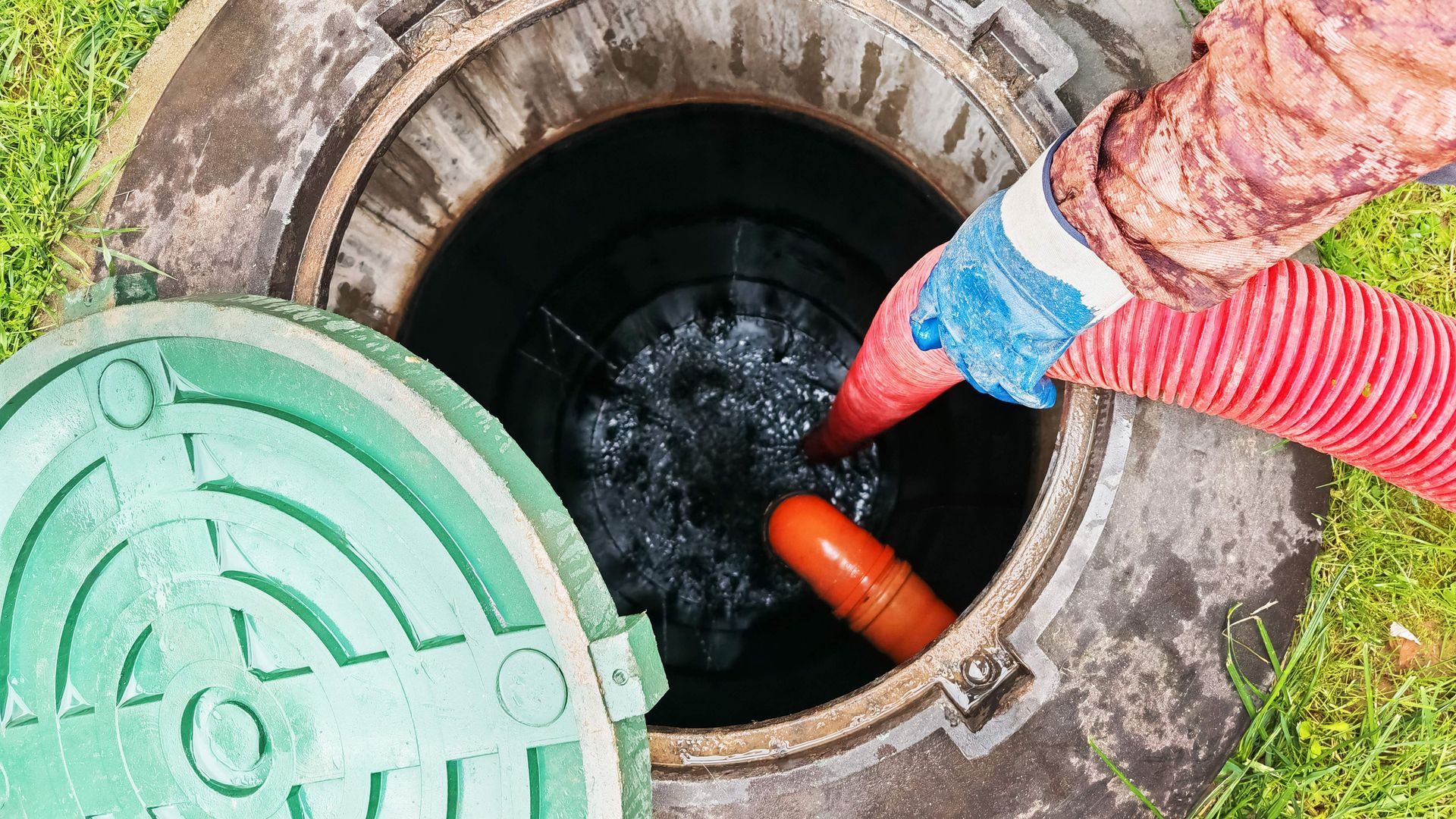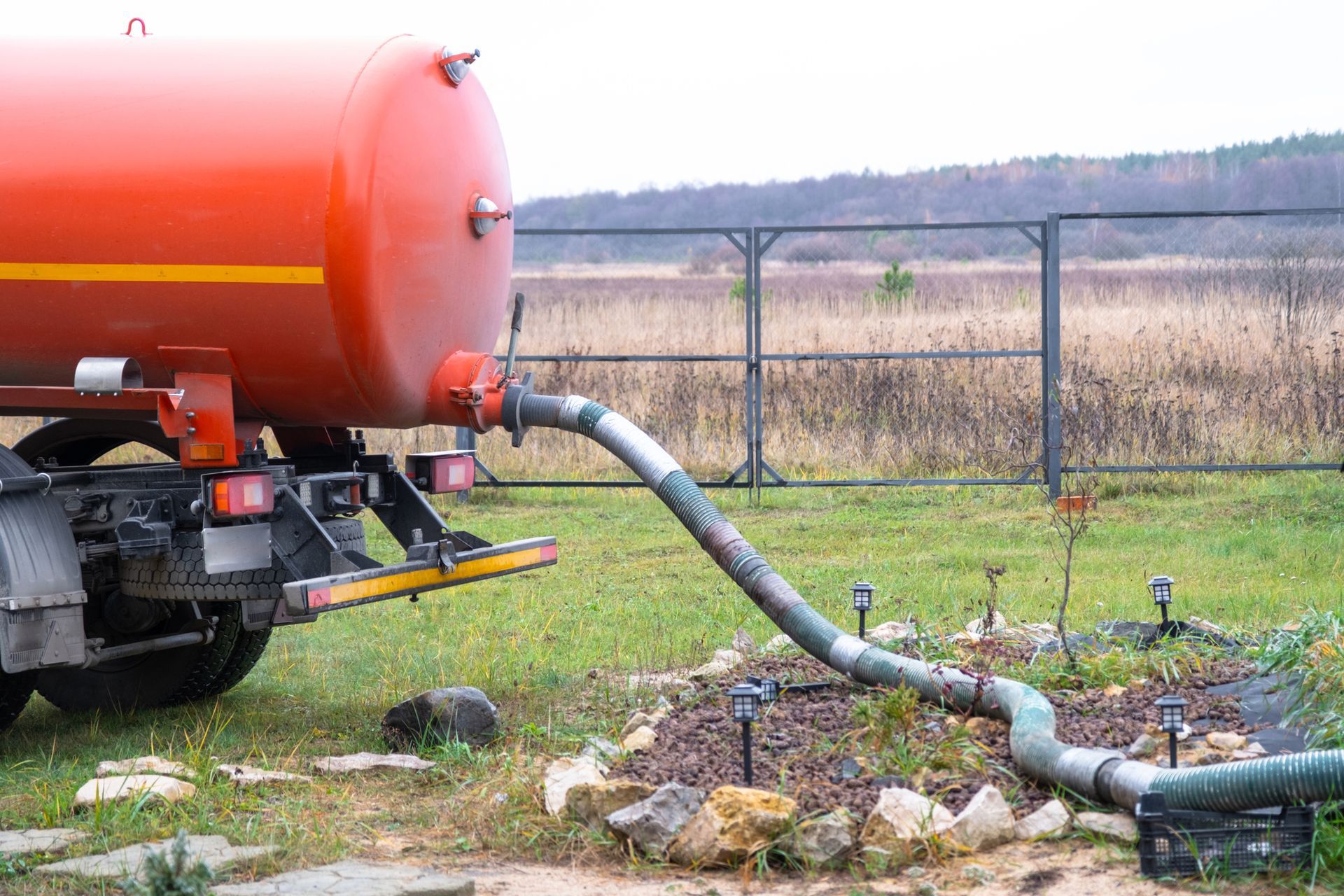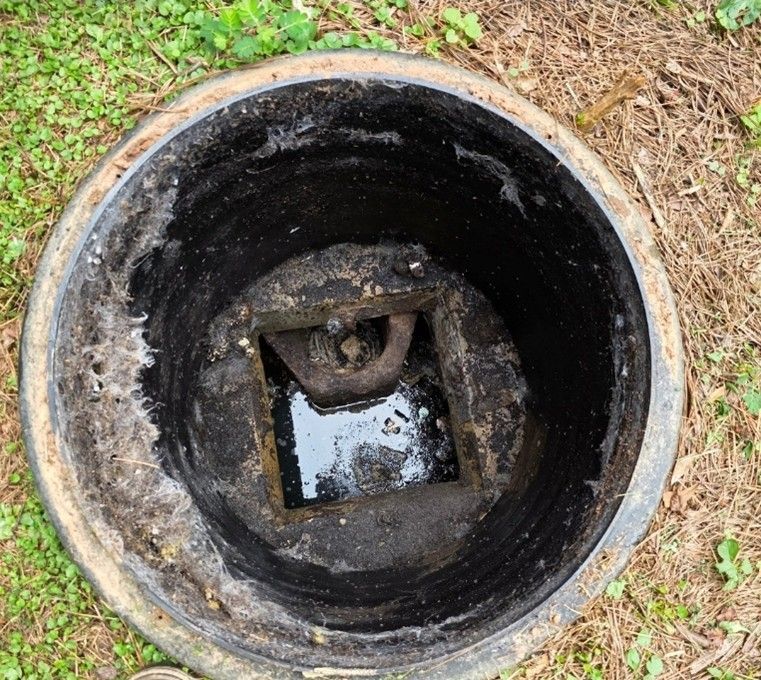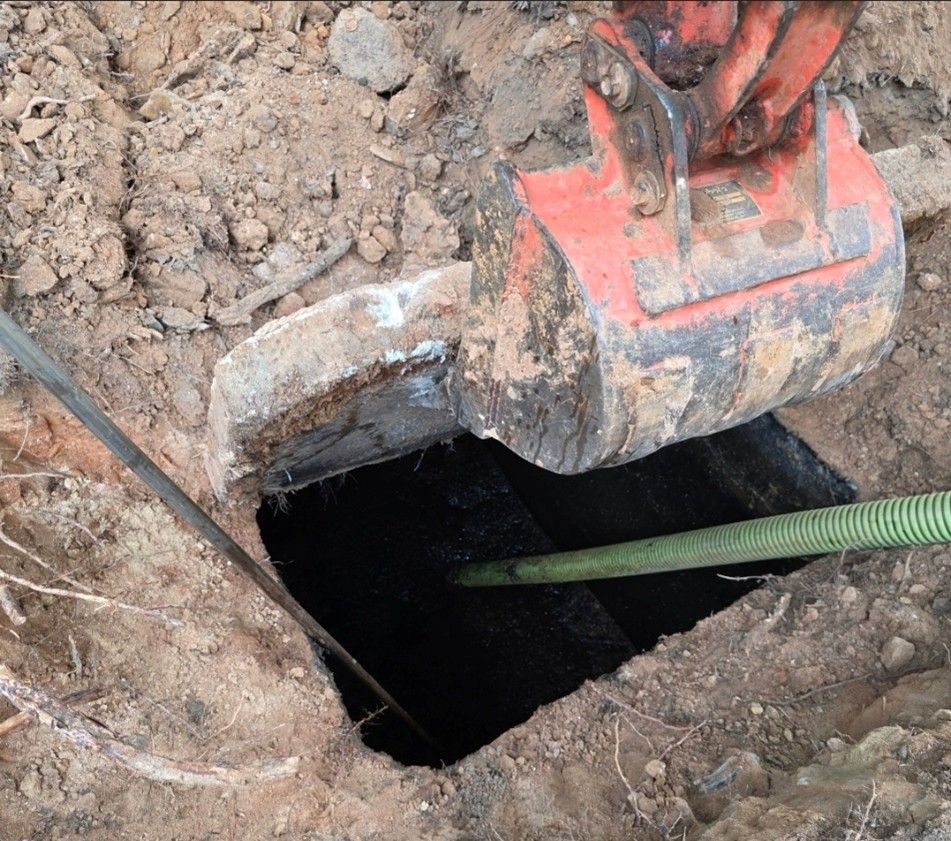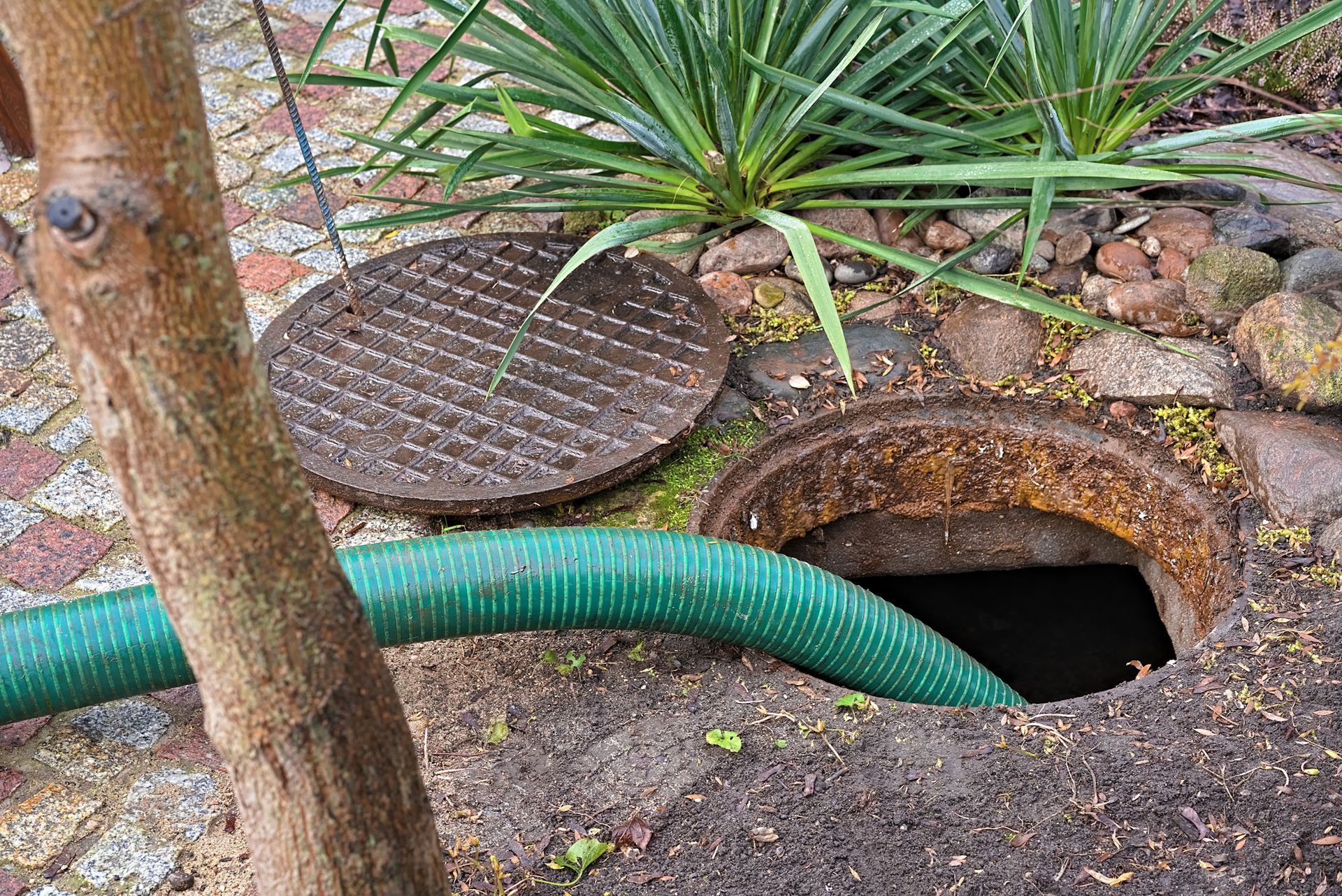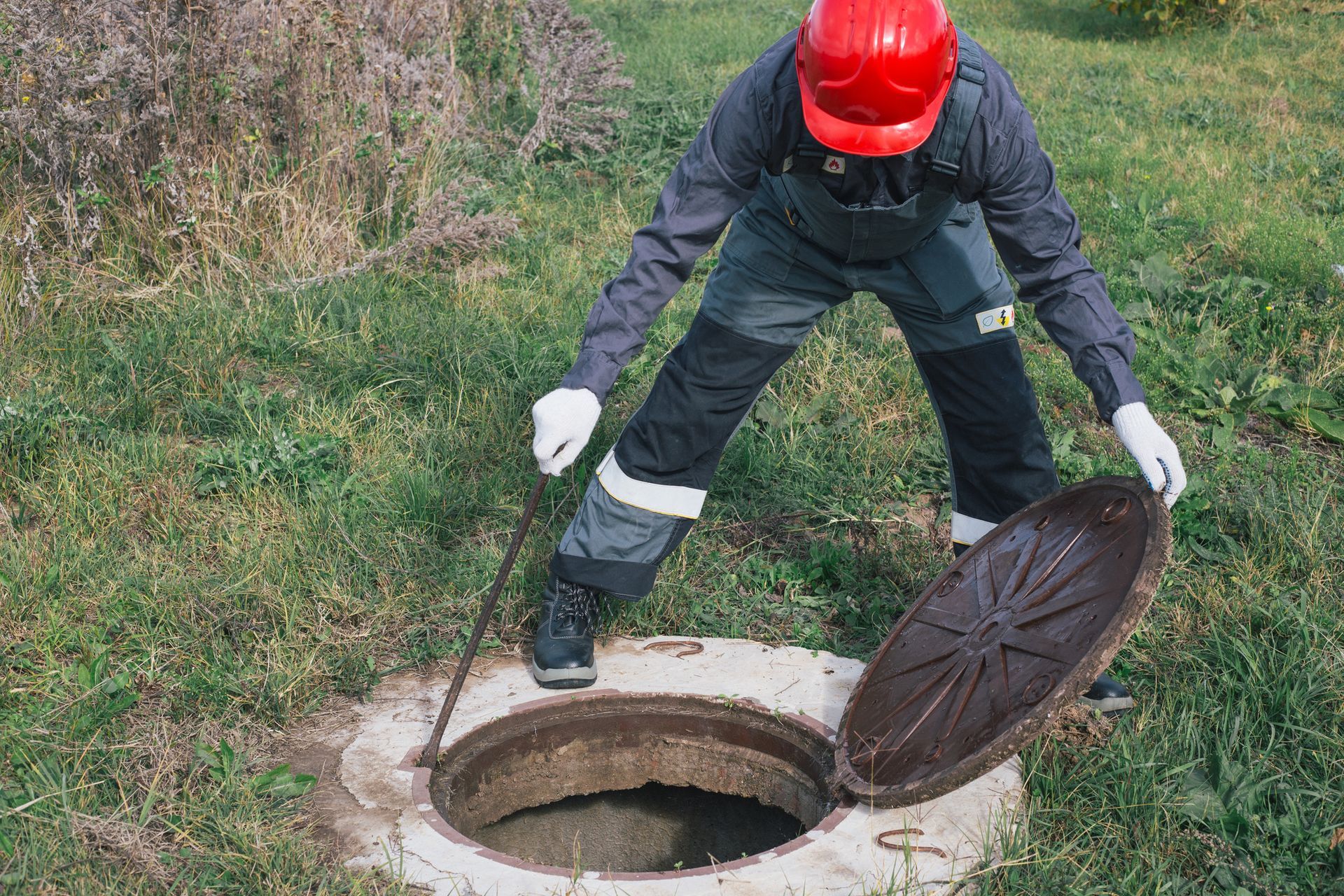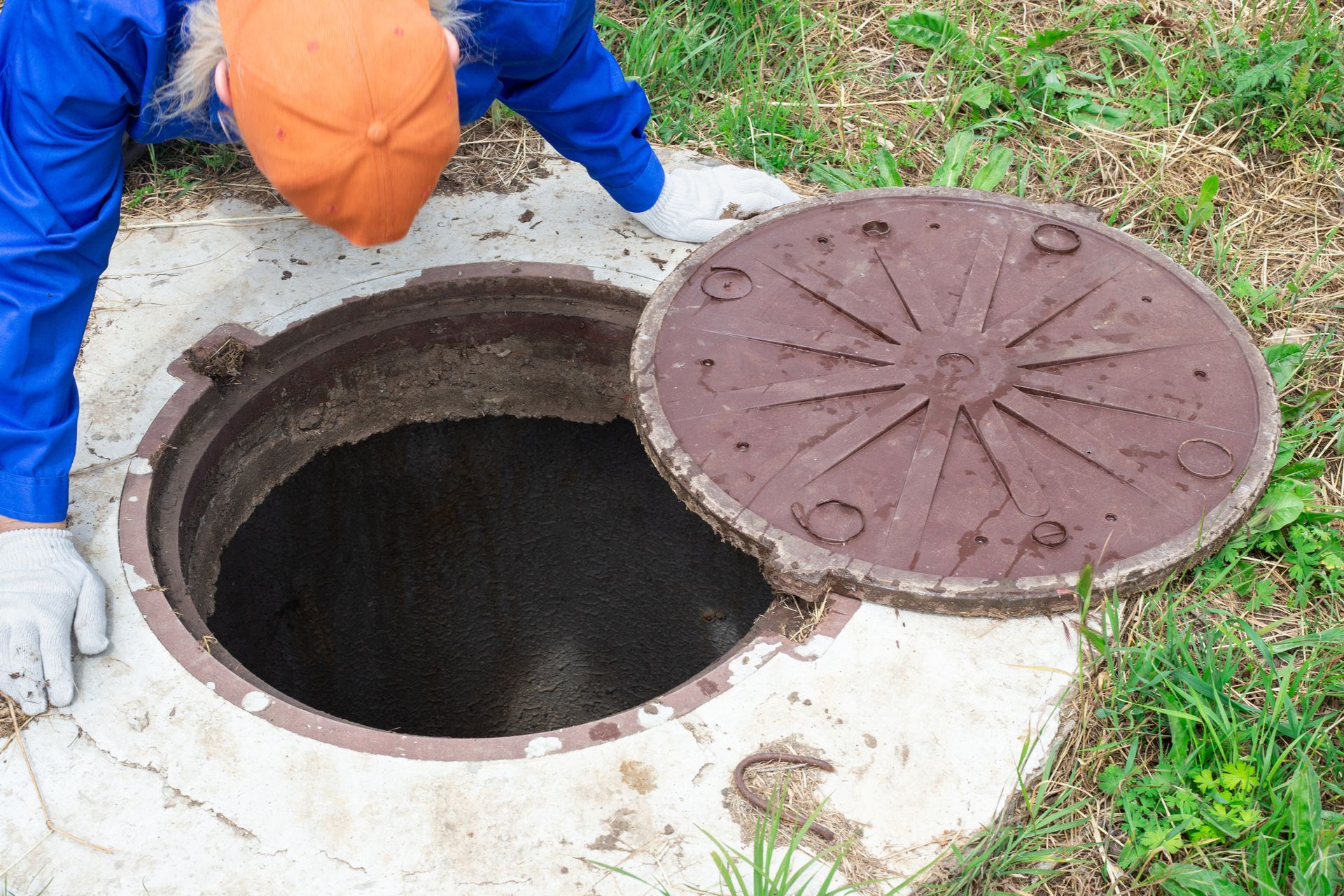How to Avoid Overloading Water in a Septic Tank

If you use a septic tank for wastewater treatment, you should focus on water conservation. Reducing water use may lengthen the septic system's life and reduce utility expenses. Also, when you cut water usage, the solids in the septic tank will settle at the bottom. Once they settle, the wastewater treatment system can function efficiently.
Before constructing a septic tank, contractors consider the building size, water use, and occupants. While these details determine the right tank size, there are instances when homes use more water. This overloads a septic system, making it difficult to treat wastewater.
Allowing more wastewater to enter the tank at once may interfere with the wastewater treatment procedure. As a result, the tank may release water with solid waste into the drain field, which may cause clog formation. Once the drain field clogs, the whole septic system may collapse.
Overloading the septic tank with water may also reduce or dilute the bacteria in the tank. This makes the system less efficient at breaking down solid waste. Even the process of replenishing the bacteria will be affected.
Minimizing water consumption may help a septic tank to treat wastewater efficiently for longer. Here are things you can do to attain this goal.
One area you should focus on to reduce wastewater production is the kitchen. People use a lot of water when preparing food and cleaning dishes. Luckily, it's easy to save water and maintain sanitation.
First, replace the standard taps with a low-flow one to use less water when washing food materials or cleaning the dishes.
You should not leave the faucets running, as this will direct more water into the drain. This problem often occurs when people are trying to multitask, so always turn the tap off.
Repairing leaking faucets will also lessen water usage. So once you notice a leak, do not ignore it because more water will get into the water treatment tank.
If you use modern toilets, your water usage rates are lower. But using these toilets isn't the only way to reduce water usage.
You may opt to purchase a partial flush valve to flush less water each time you use the toilet. Get a plumbing expert to install these valves on your modern toilet.
Replacing damaged flappers may reduce water use. Usually, leaks from worn flappers are not easy to notice because the excess water flows into the toilet bowl. But, when you place food color onto the bowl, you will spot the leak.
Also, if you use an old toilet that uses several gallons for each flush, you should switch to the latest versions. Your plumbing expert can help you choose the best brands and handle the installation.
For this reason, get a water-efficient washer to use less water for each load. This will lessen water use significantly.
Planning your laundry schedule may also cut wastewater overload in a septic system. Consider spreading out the laundry rather than doing many loads in one day. Also, don't forget to change the settings to the minimal capacity when washing a few clothes.
A functional septic system makes it easy to maintain sanitation, so do not direct extra wastewater into the septic tank. At Bowen's Septic Tank, we can share more tips to reduce water usage. We also offer services like septic pumping, cleaning, installation, and repairs. Contact us for guaranteed services even when you need emergency appointments.
How Does a Water Overload Occur?
Before constructing a septic tank, contractors consider the building size, water use, and occupants. While these details determine the right tank size, there are instances when homes use more water. This overloads a septic system, making it difficult to treat wastewater.
Allowing more wastewater to enter the tank at once may interfere with the wastewater treatment procedure. As a result, the tank may release water with solid waste into the drain field, which may cause clog formation. Once the drain field clogs, the whole septic system may collapse.
Overloading the septic tank with water may also reduce or dilute the bacteria in the tank. This makes the system less efficient at breaking down solid waste. Even the process of replenishing the bacteria will be affected.
How Can You Reduce Water Overloads in Septic Systems?
Minimizing water consumption may help a septic tank to treat wastewater efficiently for longer. Here are things you can do to attain this goal.
Kitchen
One area you should focus on to reduce wastewater production is the kitchen. People use a lot of water when preparing food and cleaning dishes. Luckily, it's easy to save water and maintain sanitation.
First, replace the standard taps with a low-flow one to use less water when washing food materials or cleaning the dishes.
You should not leave the faucets running, as this will direct more water into the drain. This problem often occurs when people are trying to multitask, so always turn the tap off.
Repairing leaking faucets will also lessen water usage. So once you notice a leak, do not ignore it because more water will get into the water treatment tank.
Toilets
If you use modern toilets, your water usage rates are lower. But using these toilets isn't the only way to reduce water usage.
You may opt to purchase a partial flush valve to flush less water each time you use the toilet. Get a plumbing expert to install these valves on your modern toilet.
Replacing damaged flappers may reduce water use. Usually, leaks from worn flappers are not easy to notice because the excess water flows into the toilet bowl. But, when you place food color onto the bowl, you will spot the leak.
Also, if you use an old toilet that uses several gallons for each flush, you should switch to the latest versions. Your plumbing expert can help you choose the best brands and handle the installation.
Laundry
Wastewater from a laundry area may affect the condition of the septic tank. First, you will use a detergent and bleach to clean the clothes, which may reduce the quantity of bacteria in the wastewater tank. Draining too much wastewater after laundering also causes a water overload.For this reason, get a water-efficient washer to use less water for each load. This will lessen water use significantly.
Planning your laundry schedule may also cut wastewater overload in a septic system. Consider spreading out the laundry rather than doing many loads in one day. Also, don't forget to change the settings to the minimal capacity when washing a few clothes.
A functional septic system makes it easy to maintain sanitation, so do not direct extra wastewater into the septic tank. At Bowen's Septic Tank, we can share more tips to reduce water usage. We also offer services like septic pumping, cleaning, installation, and repairs. Contact us for guaranteed services even when you need emergency appointments.


